Dialogue Making Honors More Permeable
Andrea Radasanu, Northern Illinois University
Recently, members of the Council on Honors Education Collaborative proposed a model of permeability that outlines the benefits of increased porousness between Honors and traditional educational spaces (forthcoming in the Journal of the National Collegiate Honors Council). This metaphor of permeability speaks to the dynamic nature of the interface between Honors and the rest of campus, with information, experiences, people, and wisdom moving and flowing in and out of Honors spaces. Permeability as a metaphor reframes the dialogue from one considering Honors as a privileged space to one in which Honors educators regularly and intentionally encourage themselves and their students to adopt openness to inquiry, stepping out of the bounds of one’s discipline, and maintaining epistemic modesty that is consistent with and complements lifelong learning. Permeability is relevant to many aspects of Honors education: students, faculty, spaces, pedagogical innovations, and research.
We encourage Honors leaders and practitioners to shift their perception of the role of Honors in innovation and engagement, emphasizing the need for more active collaboration beyond Honors spaces. Successful navigation towards a more permeable model of campus engagement will help enrich Honors education while providing a fuller interface with traditional institutional and higher education spaces. This shift is likely to lead to a deeper recognition of and appreciation for the value of Honors at our institutions.
In the spirit of the conference theme, we propose a workshop. We will begin by outlining the permeability model and providing examples and challenges from our institutions. We will then facilitate discussion groups where participants will be encouraged to consider examples from their institutions and debate the model’s merits. We expect the conversations to unfold according to the interests and concerns of the participants. We will conclude by asking the breakout groups to share the most salient points of their discussions with the larger group.
Our overall goal for this workshop is to operationalize the model of permeability by gaining a better sense of where and when the concept is applicable in specific Honors contexts – and where and when it is not. The essence of the permeability model encourages openness to change and improvement; we propose to bring that same disposition to our discussion about the model itself.
